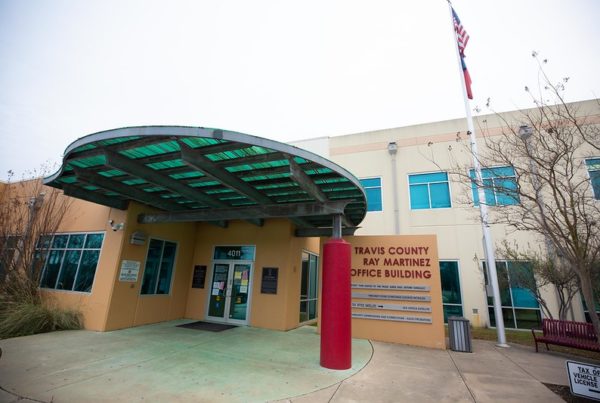From KUT:
A bill filed to reduce federal oversight of the Texas fossil fuel industry could also force the closure of one of the state’s most iconic swimming holes: Barton Springs Pool.
House Bill 1683, filed by Republican state Rep. Brooks Landgraf, would prohibit state agencies and political subdivisions from interacting with the federal government to enforce federal oil and gas regulations if those rules don’t exist under Texas law.
“This is about protecting jobs in the Permian Basin,” Landgraf, who represents Odessa, told NewsWest9.
But the impact of the bill could go well beyond the oilfields.
Texas has a reputation for lax regulation when it comes to the fossil fuel industry. Opponents of the bill say it would make it even harder to enforce public health, climate and environmental protections in the state.
It could also destroy preexisting partnerships and agreements between either cities or state agencies and the federal government.
Take Barton Springs as an example.
While most Austinites know Barton Springs Pool as a nice place for a swim, it is also a federally designated endangered species habitat. The springs are home to the Austin blind salamander and the Barton Springs salamander.
Because of the presence of endangered species, the city must hold an operating permit from the U.S. Department of Fish And Wildlife to keep the pool open to the public. The terms of that permit require the city to protect the salamanders’ habitat. That means Austin must participate in legal and regulatory actions to protect local water quality.
That occasionally pits the city against fossil fuel companies in disputes over federal law. Most recently, Austin sued pipeline company Kinder Morgan alleging the company had violated the Endangered Species Act in constructing its Permian Highway Pipeline.
The city says legal actions like that would become illegal if House Bill 1683 is passed. And breaking the law would cause the city to lose state grant funding.
In testimony before the state House Energy Resources Committee on Monday, Chris Herrington, the City of Austin’s environmental officer, said the bill would force Austin “to choose between meeting our federal permit obligations at the cost of unrelated state grant funding, or closing our internationally famous springs.”
Herrington said if the bill moves forward, it should “include provisions that would exempt any actions by a political subdivision that are necessary to meet federal permit obligations.”













